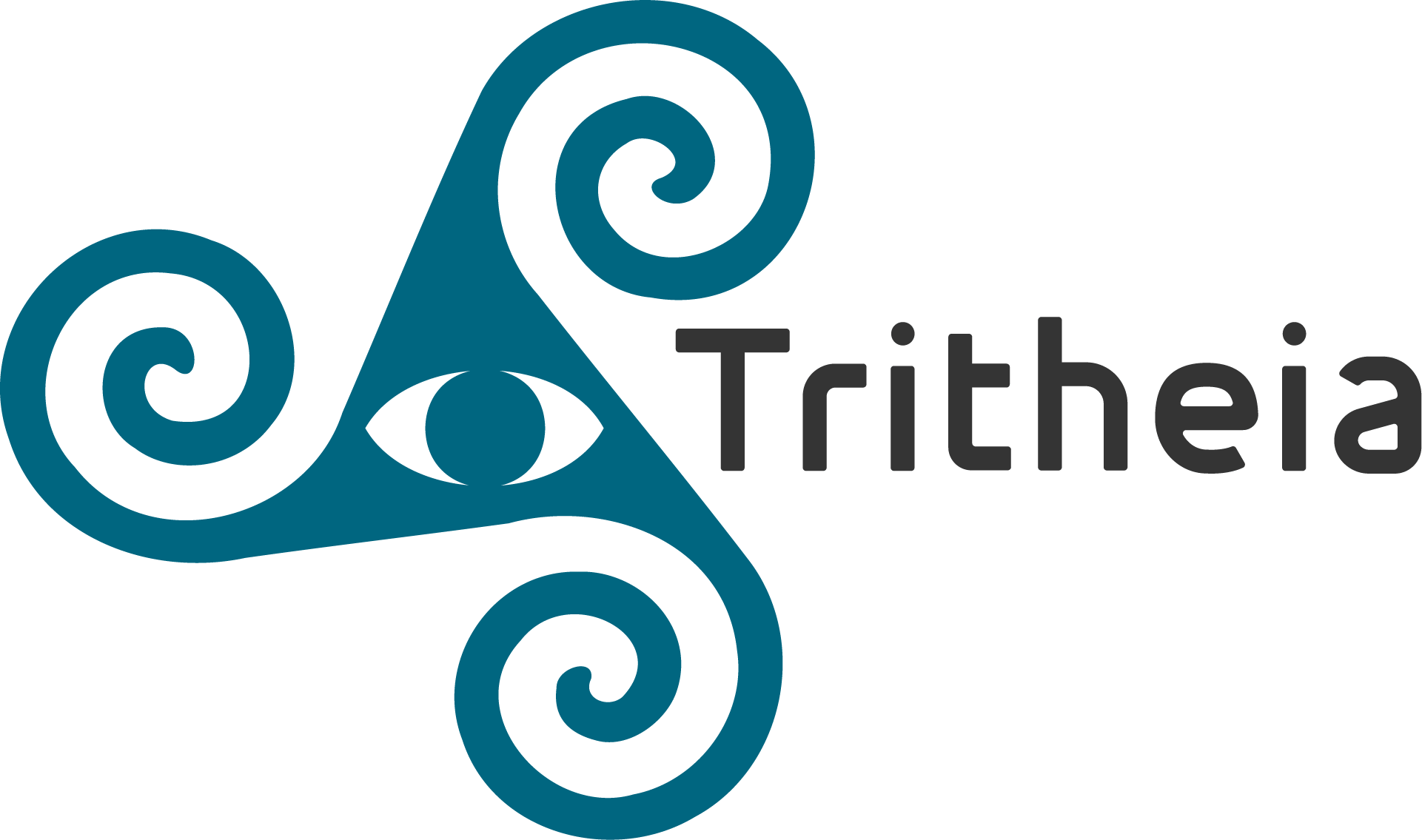It is a common misconception that vision therapy is only used for school-aged children, when in fact all studies show that neuroplasticity continues as we age. At Amplify EyeCare we help many adults with vision therapy.
What makes adults good candidates for vision therapy?
Adults have demands for their eyes just as much as children do. In fact, depending on your job, you could have really high demands for your eyes. Computer programmers, architects, and those who spend a lot of time on computers generally wear out their eyes more, causing them to feel the symptoms of eyestrain more than the general population. As an adult, if you just want to see more 3D when you're driving, read a map more clearly, or read without having to strain your eyes, then there's a solution known as vision therapy. It works just as well on adults as it does on school-aged children. All of the studies coming out point to the fact that the brain maintains its neuroplasticity, or its ability to change over time during a lifetime. Therefore, it is never too late to start vision therapy, whether you are a child or an adult.
When should you consider vision therapy?
If you are experiencing visual symptoms that are not improved by glasses and contact lenses, you should be evaluated by a behavioral optometrist. Sleep deprivation may seem like the cause of your tired eyes. You may be having trouble focusing because you had an extra cocktail at dinner. Perhaps your itchy, red eyes feel the same way when you have allergies. The reasons for these symptoms are all logical, but there may be more going on than that. If you're experiencing any of the following symptoms, you should definitely schedule a functional eye exam with our optometrist.
Common symptoms that may indicate a functional vision deficit:
- Trouble gauging distance correctly
- Avoid reading or near work or feeling tired after reading
- Experience headaches, eyestrain, or eye pain after reading
- Seeing blurry or double
- Skipping letters or losing your place when reading
- Reading requires extra effort and you find retention to be difficult
- Bumping into things when walking around
Headaches, Neck Pain, and Eye Strain
When you strain your eyes while reading, they are extremely sensitive to light, requiring your brain and the structures behind your eyes to work harder than they should. Reading reports on your computer all day can cause neck pain, back pain, eye strain, photophobia, and headaches. While there may be other causes for these symptoms, it may be a result of a visual deficit.
Tilting your Head, Neck, or Screen
Many individuals who suffer from blurry or double vision adjust what they read and how they read to counteract their discomfort. Consequently, your head, back, and eyes will feel further discomfort.
Losing Your Place When You Read
If words seem to jump or move when you read, or if they seem disconnected from one another, then you probably have poor oculomotor function. In addition to being extremely frustrating, this inhibits your ability to understand what you read, as well as communicate it to others.
Reading with One Eye Closed
People with double vision who cannot get both eyes to focus are likely to cover or close one eye in order to bring what they are reading into focus. It's possible for you to fix underlying vision conditions, which will improve your vision and help you read more easily.
What happens in Vision Therapy?
In vision therapy, specific modalities are utilized as needed to meet the individual needs of adult patients. Adult patients generally benefit from vision therapy provided by a vision therapist, supervised by the behavioral optometrist. During the behavioral eye exam the optometrist will diagnose any underlying visual deficits and create a therapy program that addresses their findings. You will then start a therapy regimen that includes sessions in office or through zoom with daily exercises. Each therapy program is customized to the patient's diagnosis and progress during their therapy program.











